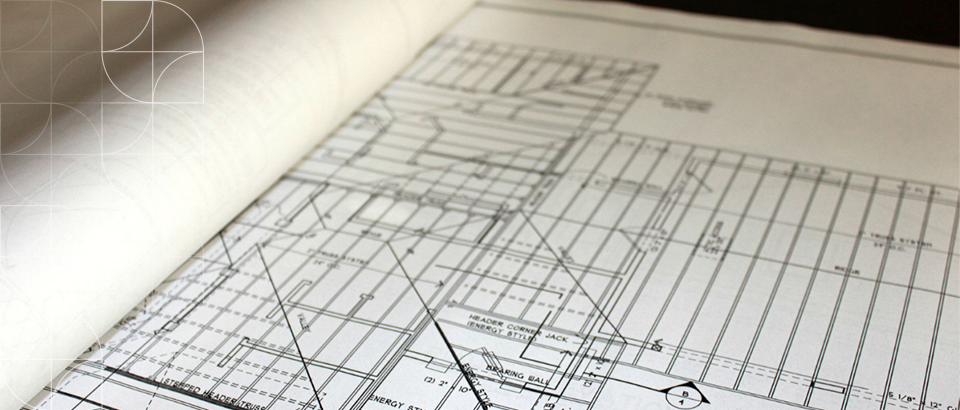Will RMA changes help fix New Zealand's housing problem?

Will RMA changes help fix New Zealand's housing problem?
Wednesday 20 October, 2021
On 19 October 2021, in a rare show of unity, Labour and National announced new housing density rules aimed at increasing the number of houses in New Zealand by making it easier to build new houses. Government modelling suggests that the new rules could result in 48,200 to 105,500 new homes being built in the next five to eight years.
The Resource Management (Enabling Housing Supply and Other Matters) Amendment Bill will require councils in Auckland, Hamilton, Tauranga, Wellington, and Christchurch to adopt medium-density residential standards. These standards will allow, at a minimum, the building of 3 houses, each up to 3 storeys high without resource consent, whereas currently most district plans only allow one home up to 2 storeys.
The new intensification rules will apply to all residential land in Auckland, Hamilton, Tauranga, Wellington, and Christchurch, but there will be some exemptions, including where there are natural hazards, or sites with heritage value. Councils affected by these changes cannot narrow or limit the new rules but can implement more permissive standards, and developers can apply for resource consent to create higher density housing that is provided for in the standards, including greater site coverage. The rules also apply to existing dwellings, allowing increases in the height or density of existing dwellings without resource consent, although building consent will still be required.
The new rules are likely to lead to an increase in higher-density housing, such as apartments and townhouses, in city suburbs which currently require resource consent to build more than a single residential house per section. The medium-density housing cannot cover more than 50% of the section and must be set back at least 2.5 metres from the front of the section and 1 metre from the side and rear of the section. Each unit will have to have accessible outdoor space, although this can be a balcony.
The Bill will also speed up the implementation of the National Policy Statement on Urban Development (NPS-UD) by introducing a new intensification streamlined planning process (ISPP) which councils can use when making or changing their district plans to introduce new intensification policies. The NPS-UD requires councils to change their district plans to allow buildings up to six storeys and abolishes car parking requirements for buildings in urban areas.
The Bill was introduced on 19 October 2021 and there will be a three-week period for submissions on the Bill, likely starting in late October. The Government intends to pass the Bill by the end of this year, with councils starting to implement it by 2022. The new intensification rules are a big change for councils, developers, and residents and, going forward, may mean that more intensive developments are more likely to be granted consent.
If you have any questions about how the new rules might affect you, or you would like help to make a submission, our experts can help.







